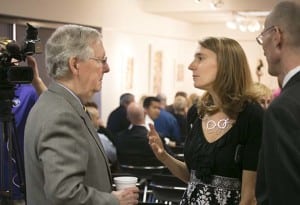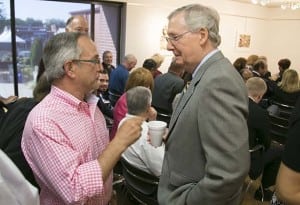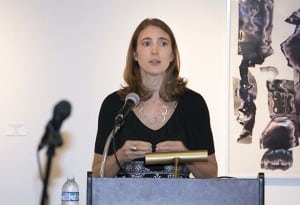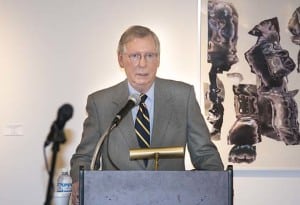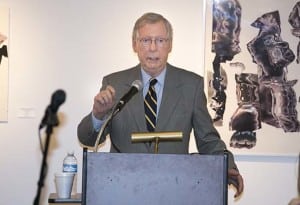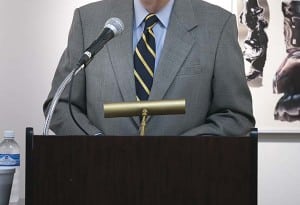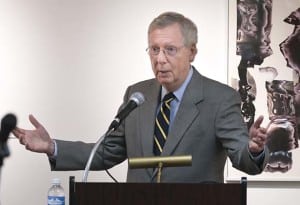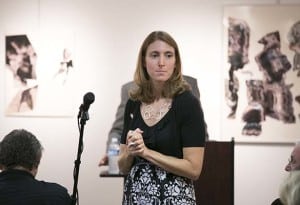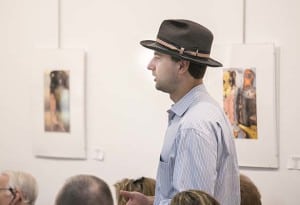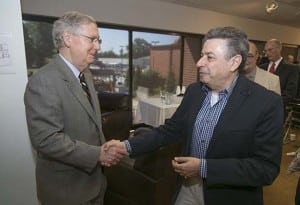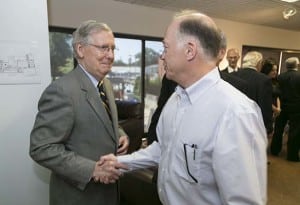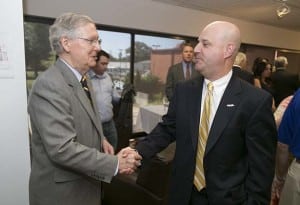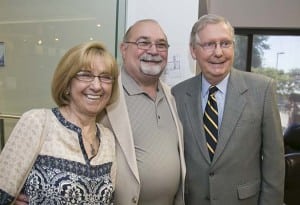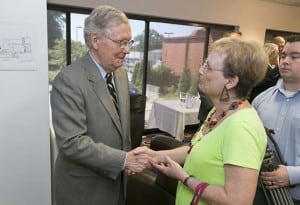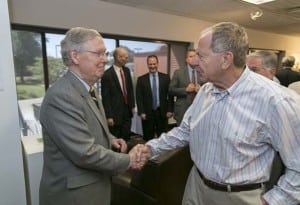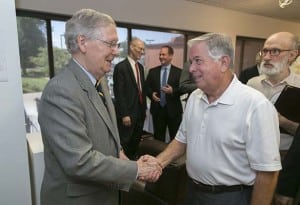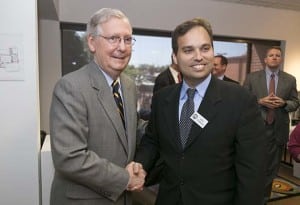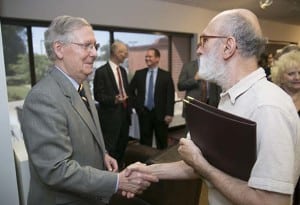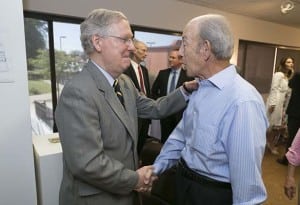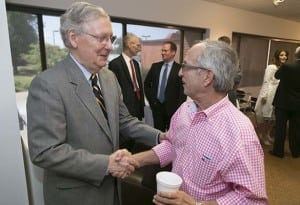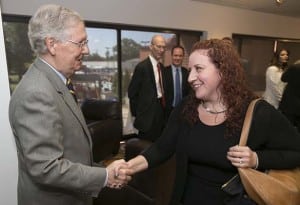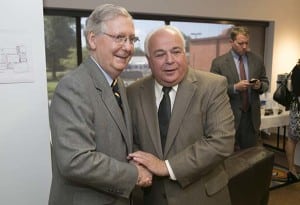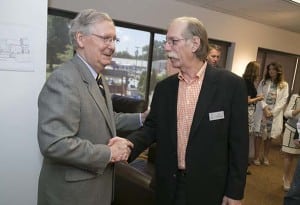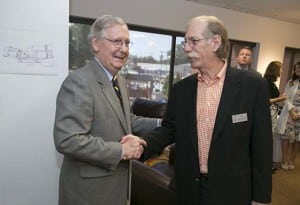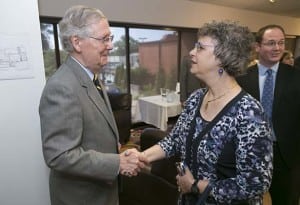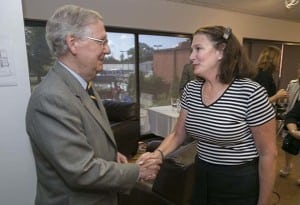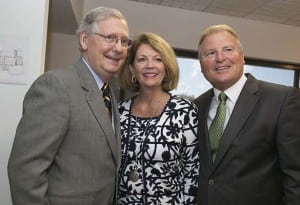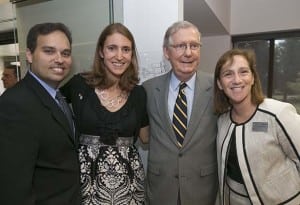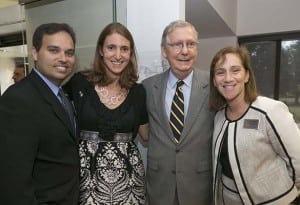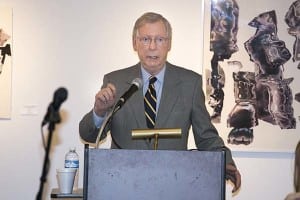 On Wednesday, August 26, Sen. Mitch McConnell, the U.S. Senate Majority Leader who has a long history of support for Israel as an important U.S. ally and a strong interest in the Middle East, shared these thoughts with respect to the nuclear agreement with Iran:
On Wednesday, August 26, Sen. Mitch McConnell, the U.S. Senate Majority Leader who has a long history of support for Israel as an important U.S. ally and a strong interest in the Middle East, shared these thoughts with respect to the nuclear agreement with Iran:
While the President was opposed to sanctions, he did enforce them to such an extent that it brought Iran to the negotiating table. Clearly sanctions were working and if we had expanded sanctions, it would have forced Iran to accept a deal that is more in line with world expectations, guaranteeing that Iran would never achieve a nuclear bomb.
While not advocating any military option, the U.S. cannot retreat from its world responsibilities. The world does much better and has done much better since World War I with American leadership.
Our allies in the Gulf, like Saudi Arabia, The United Arab Emirates, Kuwait, and Qatar were strong-armed into publically supporting the deal, but privately are very much opposed. Saudi Arabia is now reaching out to Russia for support because of the lack of American leadership.
President Obama has tried to reshape the Middle East, and his efforts have led to greater strife and uncertainty in the region.
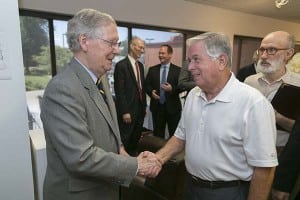 Israel has legitimate concerns about this deal, and it is not just bad for Israel, it is bad for America. Iran will use the lifting of sanctions, and the $50 billion that will eventually come from it, to further destabilize the region by supporting Hamas, Hezbollah, and rebels in Yemen. It should also be noted that Iranian-made IED’s were directly responsible for the death of over 500 Americans in Iraq.
Israel has legitimate concerns about this deal, and it is not just bad for Israel, it is bad for America. Iran will use the lifting of sanctions, and the $50 billion that will eventually come from it, to further destabilize the region by supporting Hamas, Hezbollah, and rebels in Yemen. It should also be noted that Iranian-made IED’s were directly responsible for the death of over 500 Americans in Iraq.
It was a huge mistake not to consider the four hostages currently held in Iran to be an integral part of the deal making.
The inspections regime will be ineffective as it provides Iran the opportunity to police itself and report any infractions.
American support of Israel as an ally remains strong across this country.
Sen. McConnell’s discussion was part of an educational series of programs about the nuclear agreement with Iran presented by the Jewish Community Relations Council. Other speakers included Rep. John Yarmuth (see story) and Dr. Patrick Clawson from the Washington Institute for Near East Policy (see story). The program took place at the Jewish Community Center.




